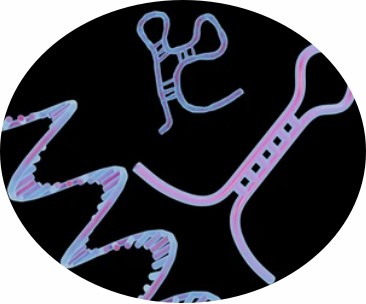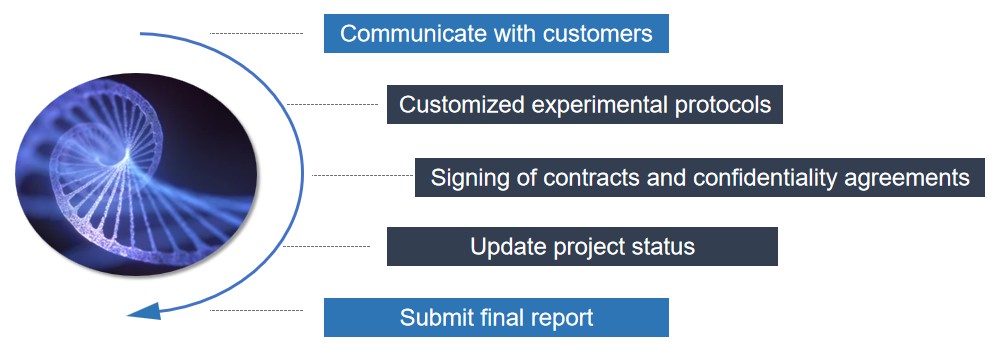Every year there is a serious problem of crop losses due to the stimulation of environmental factors such as pests and pathogens, and although chemical insecticides provide good control, the widespread use of chemical pesticides poses significant problems for environmental safety and human health. Although the adoption of Bacillus thuringiensis (Bt) crops has reduced the use of chemical pesticides with economic and environmental benefits, the emergence of insect resistance problems and outbreaks of non-target pests call for the development of new, environmentally friendly insect management strategies in pest control.
RNA interference (RNAi) technology is a promising and effective approach to pest management. Due to its sequence-directed mechanism, RNAi is highly species-selective, minimizing potential adverse effects on non-target organisms, and is one of the most promising new technologies in the agricultural life sciences for pest control because of its simplicity, specificity, and selectivity. Lifeasible has many years of experience in agricultural pest control, and we are following the frontiers of biotechnology to provide effective management strategies for insect pest control. Based on RNAi technology, we provide effective solutions for pest control.

RNAi is a gene silencing mechanism mediated by double-stranded RNA (dsRNA) that induces the degradation of complementary mRNAs in most eukaryotes. Since the first discovery of the nematode Caenorhabditis elegans, RNAi technology has evolved as a promising pest control method. The application of RNAi technology in pest control can be achieved by host-induced gene silencing (HIGS) through the generation of transgenic plants expressing dsRNAs, or by spray-induced gene silencing (SIGS) involving foliar application of dsRNAs to the surface of plants.
We currently offer RNAi-based crop protection strategies widely used in insect control. Among the various approaches tested, the expression of dsRNA in transgenic crop plants and the direct application of dsRNA as an insecticide appear promising for field use. In addition, we provide a strategy that relies on using in vitro synthesized dsRNAs to trigger RNAi in plant pests. a spray of RNAs leading to the silencing of target genes has been observed in viruses (termed spray-induced gene silencing, SIGS), which is mediated by foliar sprays, insecticidal baits, or by the introduction of the dsRNAs into vascular tissues in various delivery systems, such as trunk injections, seed mixes, or soil drenching. It can be effectively used to control stinging or chewing pests.
RNAi-based strategies could provide a more environmentally friendly approach to pest control, greatly reducing the use of chemical pesticides. Currently, available studies have shown that RNAi can be used to reduce plant predation and/or viability/fecundity of various insects. Therefore, RNAi-based pest control strategies may have broad agronomic significance. The dsRNA-mediated insect control based on dsRNA has the following characteristics.

Lifeasible is committed to pest control. We provide pest control strategies based on RNAi technology, which greatly broadens the application methods of pest control. If you are interested in us, please feel free to contact us.